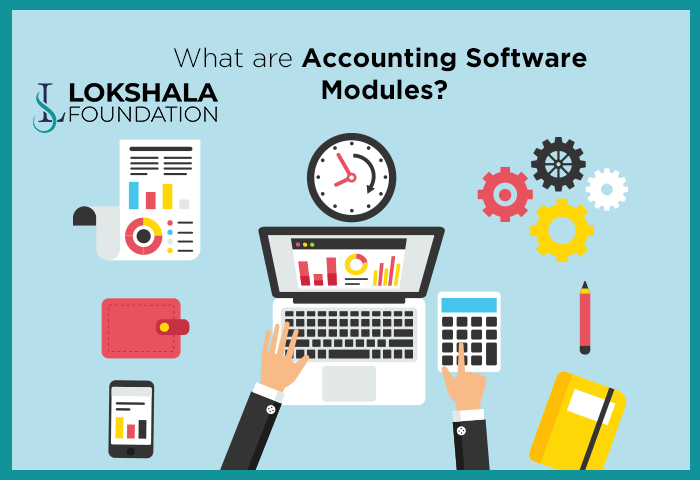In today’s fast-paced business environment, accounting software has become an indispensable tool for every organisation. Gone are the days of laboriously maintaining accounts manually and spending countless hours on transaction recording, ledger posting, and financial statement preparation. With the advent of accounting software, businesses can now automate these tasks, resulting in significant time and cost savings. In this article, we will explore the various accounting software modules that can revolutionise your business operations, empowering your accounts team and driving efficiency.
Various Accounting Software Modules
Accounting software has transformed how companies manage their financial transactions and operations. With various modules designed to cater to specific accounting needs, these software packages serve as comprehensive accounting information systems. Let’s explore some of the essential accounting modules commonly found in accounting software and how they can benefit your business.
Chart of Accounts
The chart of accounts forms the backbone of your accounting system. It represents a comprehensive list of ledger accounts categorised based on assets, liabilities, capital, incomes, and expenses. Ideal accounting software should offer an auto-generated chart of accounts tailored to your business needs, simplifying the process of financial organisation and providing an overview of your accounts at a glance.
Billing
Issuing accurate and compliant bills or invoices is a crucial aspect of any business. However, manual billing processes can be time-consuming and error-prone. Efficient accounting software should automate the generation of invoices, extracting relevant information from recorded transactions. This eliminates the need for manual effort, ensuring accurate and detailed billing while complying with legal requirements.
Cash Flow Management Accounting Software Modules
Monitoring cash flow is vital for business owners, enabling them to make informed decisions and react quickly to financial challenges. Manual cash flow management is time-consuming and limits your ability to respond swiftly. Effective accounting software should generate accurate cash flow statements based on recorded transactions. Additionally, it should provide projections for future cash flow, aiding in planning for the coming months and quarters.
Accounts Payable Module
The accounts payable module tracks the money due by a company to its vendors. It handles vendor bills, payment conditions, and discounts, making the accounts payable process more efficient. This module enables organisations to generate computer-generated checks for vendor payments, eliminating manual labour and the possibility of errors.
The Accounts Receivable Module
The accounts receivable module manages the money owed to the company by its clients. Invoicing, payment tracking, and debt collection are all handled by it. You may streamline billing, generate client statements, track pending payments, and improve cash flow management by automating the accounts receivable process.
The Banking Module
Accounting software’s banking feature enables organisations to manage their bank accounts and financial activities more efficiently. It lets you reconcile bank statements, track deposits and withdrawals, and track cash flow. This module allows you to automate financial procedures, streamline banking tasks, and decrease manual errors.
Payroll Module
The payroll module streamlines and automates the time-consuming task of administering employee salaries, benefits, and taxes. It computes earnings, deducts taxes and benefits, prints pay stubs, and allows direct deposits. This module ensures accurate and timely payroll processing, tax compliance, and reporting obligations are simplified.
Conclusion
Investing in a comprehensive accounting software solution can yield significant benefits for your business. By automating accounting tasks, such software minimises manual efforts, provides in-depth analysis and insights, and enhances financial decision-making. When evaluating accounting software options, consider the modules discussed in this article to maximise the returns on your investment.
FAQs: Accounting Software Modules
Q1: What is the purpose of an accounts payable module in accounting software?
A: The accounts payable module in accounting software is designed to manage and track the money a business owes to its vendors.
Q2: How does the accounts receivable module benefit businesses?
A: The accounts receivable module in accounting software helps businesses manage the money owed to them by customers. It simplifies the invoicing process, tracks outstanding payments, and facilitates efficient debt collection.
Q3: What features does a payroll module offer in accounting software?
A: The payroll module in accounting software streamlines the process of managing employee salaries, benefits, and tax deductions. It automates payroll calculations, generates pay stubs, facilitates direct deposits, and ensures compliance with tax regulations.
Q4: Why is a general ledger module important in accounting software?
A: The general ledger module is a fundamental component of accounting software. Businesses can record, monitor, and manage journal entries, account balances, and financial data thanks to this repository for all financial activities.


